A New Era for Algarve's Agriculture
Agriculture in the Algarve has undergone significant adaptations in recent decades, driven by climate change, water scarcity, and the need for economic diversification. Traditionally linked to crops like oranges, carob, and more recently, avocados, the region is now exploring sustainable alternatives with higher added value. One such alternative is the dragon fruit, also known as pitaia, which is starting to take root in Algarve's agricultural landscape.
Emerging Agricultural Initiatives
In this context, new agricultural ventures are emerging, fueled by both research projects and the initiative of small producers. Although not new to the country, the cultivation of pitaia has gained visibility in the Algarve. In 2024, the topic was highlighted in regional and national media due to research projects and small-scale experiments.
Originating from tropical regions and belonging to the cactus family, pitaia has been studied by researchers at the University of Algarve, particularly in the experimental field near Vila Nova de Cacela, in the municipality of Vila Real de Santo António. Funded by the European Union, the project aims to evaluate the feasibility of growing this fruit both in greenhouses and outdoors, considering the water scarcity and climatic conditions of southern Portugal.
Climate Adaptation and Growing Interest
According to Professor Amílcar Duarte, who leads the project, this crop has strong adaptive potential to the hot and dry climate of the Algarve, provided that the plantations are not exposed to frost. The plant, which originates from Central America, is notable for requiring minimal water resources and has a production cycle well-suited to local conditions.
Although pitaia has been in the country for several years, its economic production only recently began to gain traction. In statements to Lusa, the researcher emphasized the increasing interest from local farmers and the growing acceptance among Portuguese consumers, who initially found the fruit somewhat strange.
Local Quality vs. Imports
Agronomist Ana Rita Trindade, also involved in the project, highlights the superior quality of the local product compared to imported fruit, primarily due to the optimal timing of the harvest, which is closer to consumption. This freshness, combined with flavor and nutritional value, has allowed the product to reach prices of up to eight euros per kilo in local markets such as Olhão. Trindade noted in September 2024 that after five years, this crop has become economically attractive.
As of April 2025, the trend continues with new small producers investing in this cultivation, encouraged by the growing demand and stable market value.
Nutritional Value and Versatility
Pitaia is recognized for its nutritional benefits, being considered a nutraceutical food. Rich in antioxidants, fiber, and vitamin C, it is especially enjoyed during the summer months when its sweet and refreshing flavor makes it a light and hydrating option. The versatility of the fruit allows it to be consumed fresh, in juices, desserts, or even salads.
With a still-growing internal market and export possibilities, this fruit could represent a concrete response to the challenges of agricultural sustainability in the Algarve, especially in the context of water scarcity and the need for productive diversification.

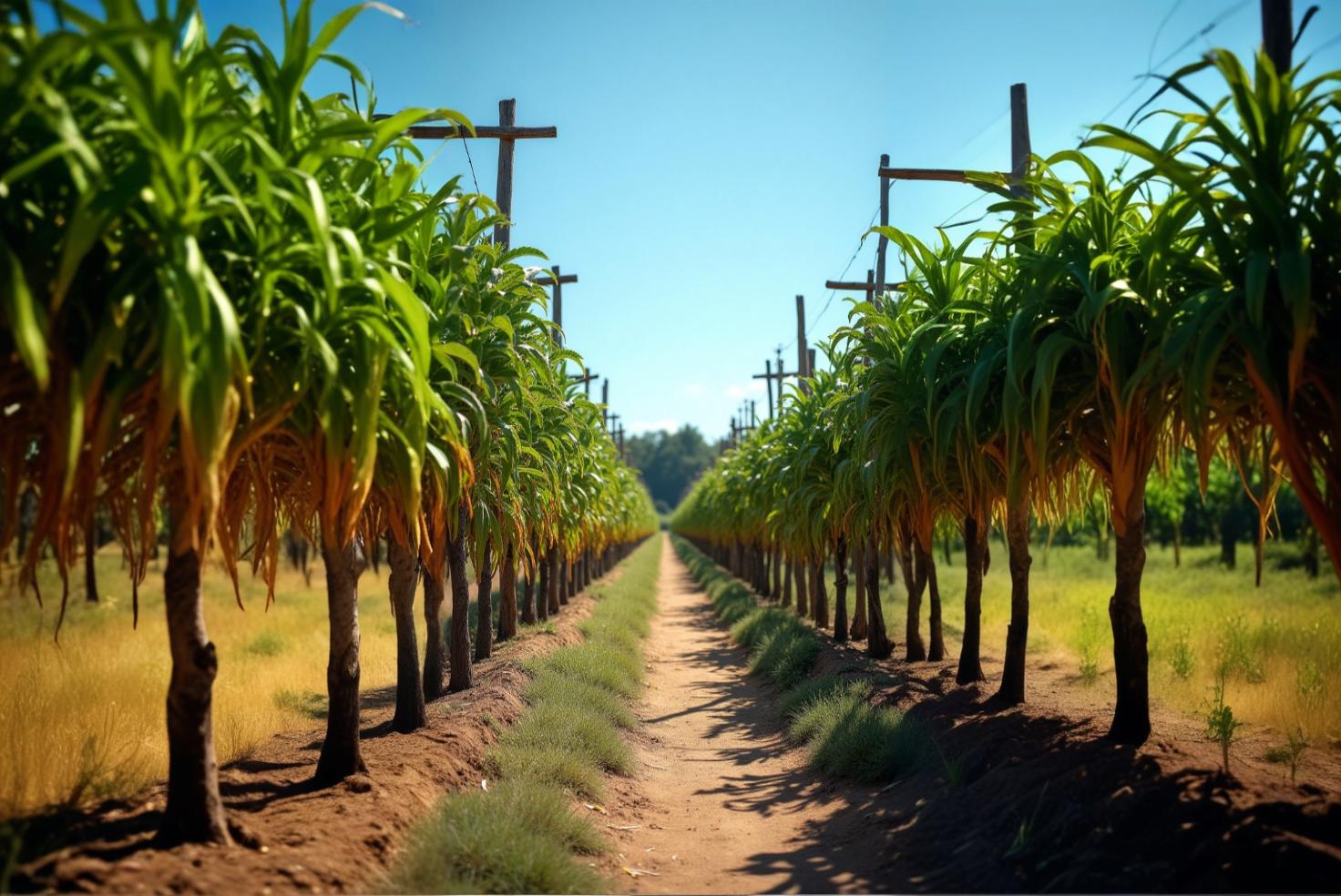

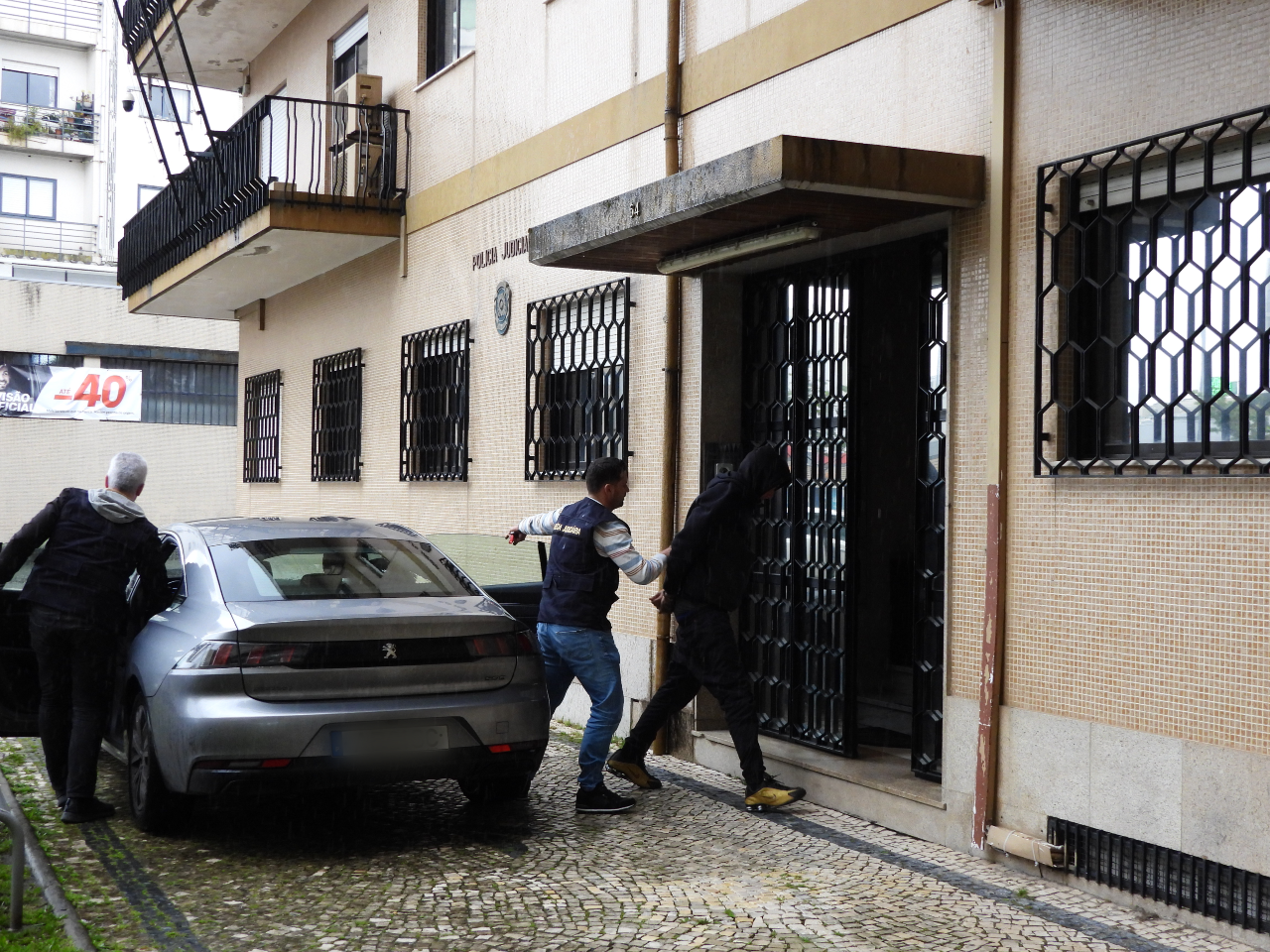

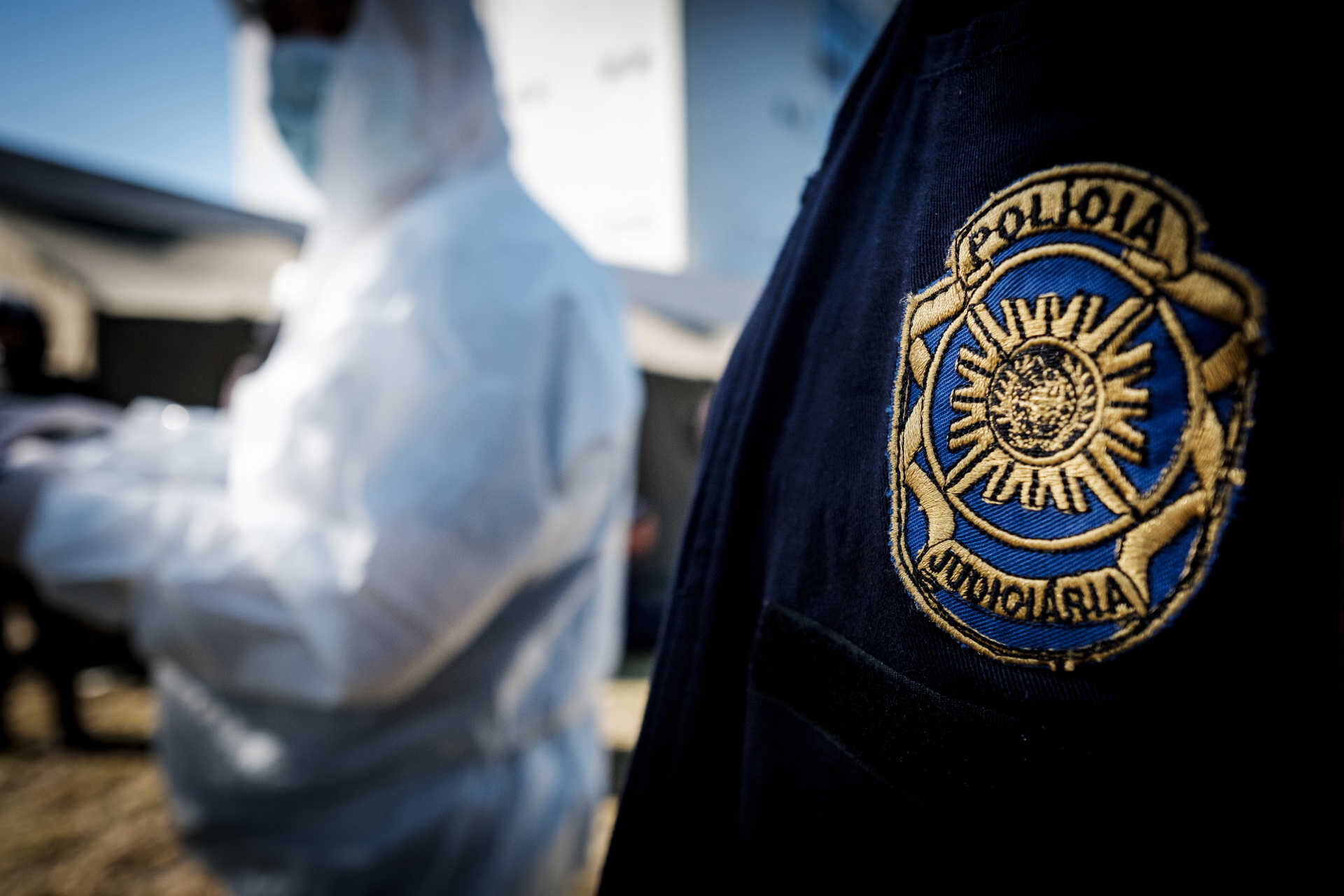

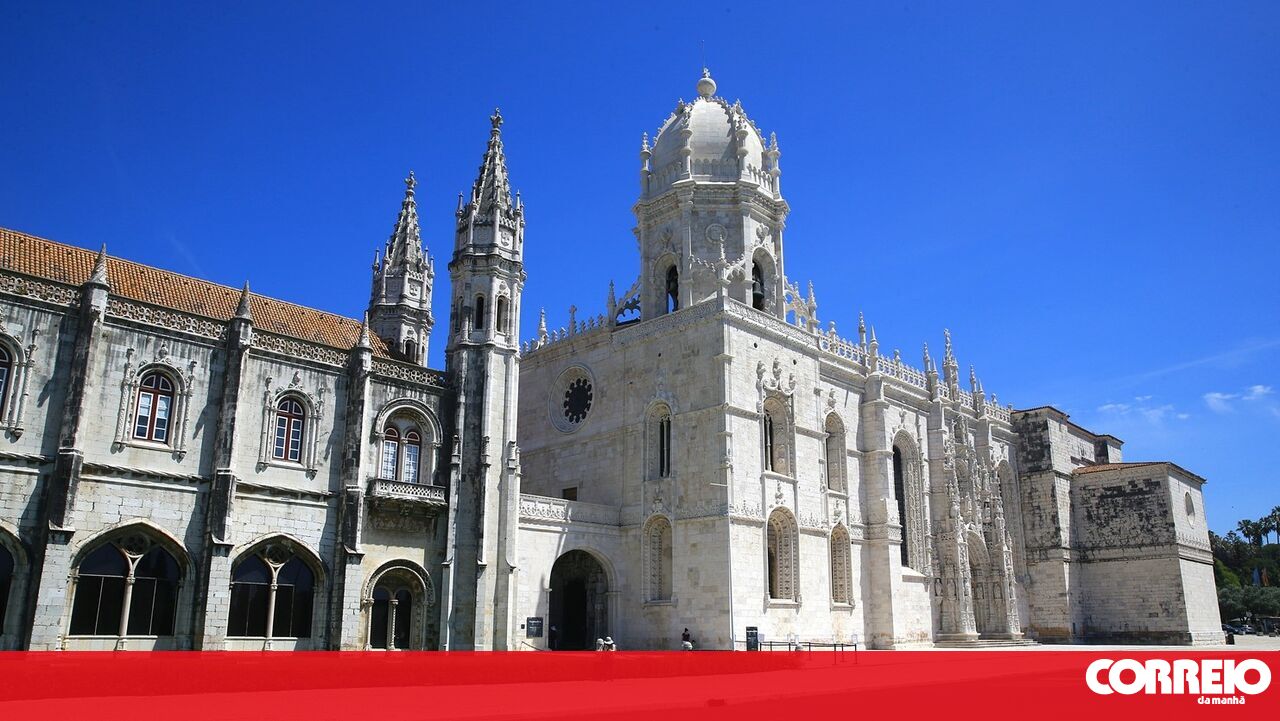




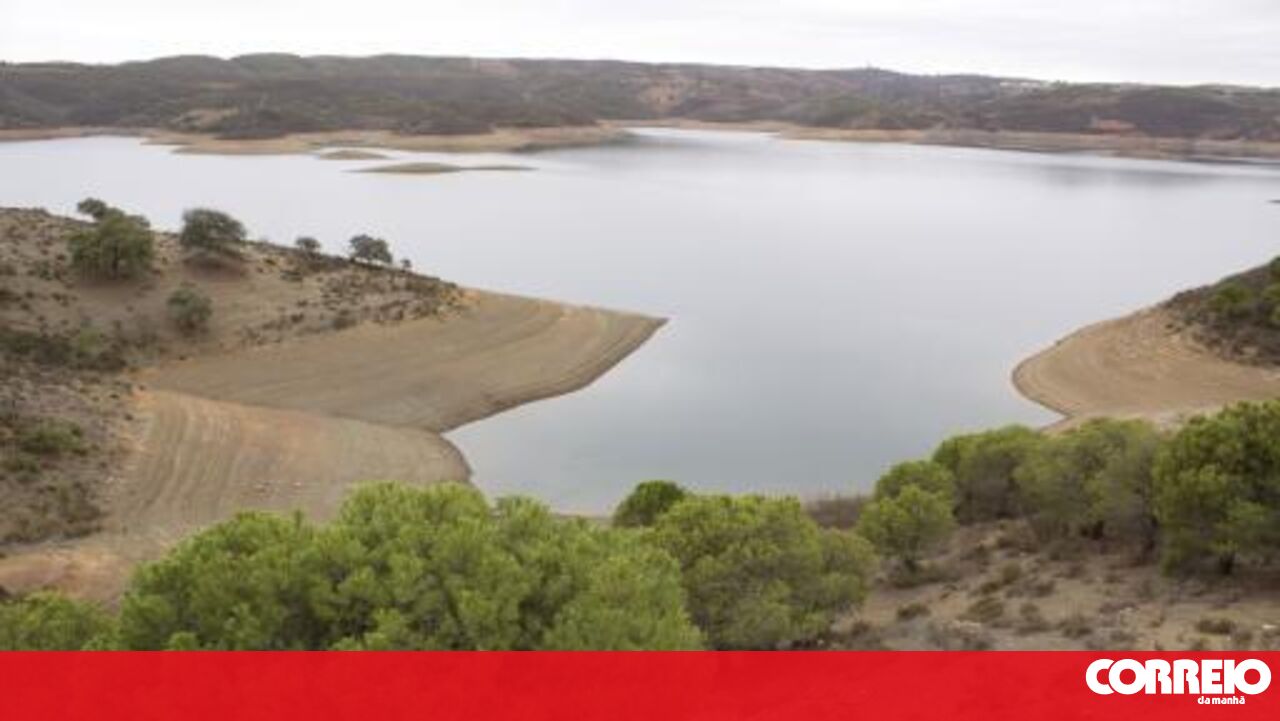


Comments
Join Our Community
Sign up to share your thoughts, engage with others, and become part of our growing community.
No comments yet
Be the first to share your thoughts and start the conversation!